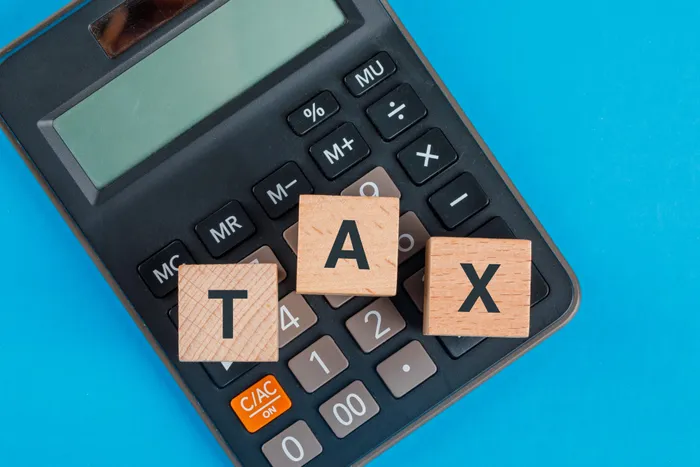Here’s what’s changing in the 2025 SARS tax filing season

These are the changes expected in this year's tax season.
Image: Freepik
As the 2025 tax season opened on Monday, the South African Revenue Service (SARS) has introduced several updates aimed at modernising its systems and making it easier for taxpayers to comply. While some of the changes are technical, others directly affect how individuals and provisional taxpayers file their returns.
Here’s what you need to know.
Key filing dates
Auto-Assessments: 7–20 July 2025 (SARS will automatically assess certain taxpayers — no need to file unless asked.)
Standard Individual Filers: 21 July – 20 October 2025
Provisional Taxpayers: 21 July 2025 – 19 January 2026
Trusts: File from 19 September – 19 January 2026
Big updates and what they mean
Some provisional taxpayers will join auto-assessment
Until now, auto-assessments were for non-provisional taxpayers. However, this year, SARS will invite qualifying provisional taxpayers to opt in for this simplified process. If accepted, these individuals don't have to manually submit a return unless they disagree with the auto-calculated outcome.
Claiming foreign tax credits (Section 6quat)
If you paid tax overseas on capital gains, you can now use that tax credit more fully in SA. What's new is that unused foreign tax credits can be carried forward for up to 6 years, giving you more time to benefit.
More information on Tax Certificates (Sections 11(nA) and 11(nB))
If you are an employer, you must now report specific deductions on your IRP5/IT3(a) under two new codes:
4042 – related to relocation or transfer expenses (Section 11(nA))
4058 – related to other qualifying employer-covered expenses (Section 11(nB))
Labour brokers now count as provisional taxpayers
From March 2025, labour brokers with exemption certificates will be classified as provisional taxpayers. They must now submit provisional tax returns (IRP6), just like freelancers and consultants.
Extension of learnership tax benefits
The learnership incentive under Section 12H (used by employers) has been extended until March 31, 2027.
Claiming interest deductions on foreign income
You can now claim interest-related expenses linked to your foreign interest income under a new section in the return, aligning with SARS's Practice Note 31.
Backdated salary and pension codes
New tax codes (3623 and 3673) now exist for salary or pension payments paid late. According to SARS, this will ensure correct tax treatment.
Estates can report exact interest-earning dates
Executors handling deceased estates can now enter specific dates for interest earned, which helps SARS apply the correct exemption.
New codes for tax-free dividends
Two new source codes help classify local (4306) and foreign (4307) dividends that are exempt from tax.
Tax return types are now based on residency (Section 9H)
Depending on your residency status, SARS will now show you a custom return form:
From the 2025 tax year, RSA tax-resident and non-resident taxpayers will be presented with a specific ITR12 and IRP6 tax-return type based on taxpayer registration status available with SARS, i.e.:
ITR12
- RSA tax residents will be presented with the resident wizard questionnaire.
- Non-residents will be presented with the non-resident wizard questionnaire.
- Taxpayers who ceased RSA tax residency during the year of assessment will be presented with the resident and non-resident questionnaire.
IRP6
- RSA tax resident will be presented with the resident return.
- Non-residents will be presented with the non-resident return.
- Taxpayers who ceased RSA tax residency during the year of assessment will be presented with resident and non-resident returns.
Trust income and marriage in Community of Property
If you receive trust income and are married in a community of property, SARS will automatically allocate 50% of that income to your spouse.
Carry-over balances are delayed if you're under review
If SARS is still verifying your return, it won’t immediately apply unused deductions or credits (like Section 18A donations). SARS will adjust your return once the review is complete.
Updating bank details gets easier
When updating your banking info, you’ll now choose from your verified bank accounts already held by SARS instead of typing them out manually.
You can now reinstate RSA Residency Online
If you previously emigrated and became an RSA tax resident again, you can now declare your reinstatement date directly on the RAV01 form.
IOL
Related Topics: